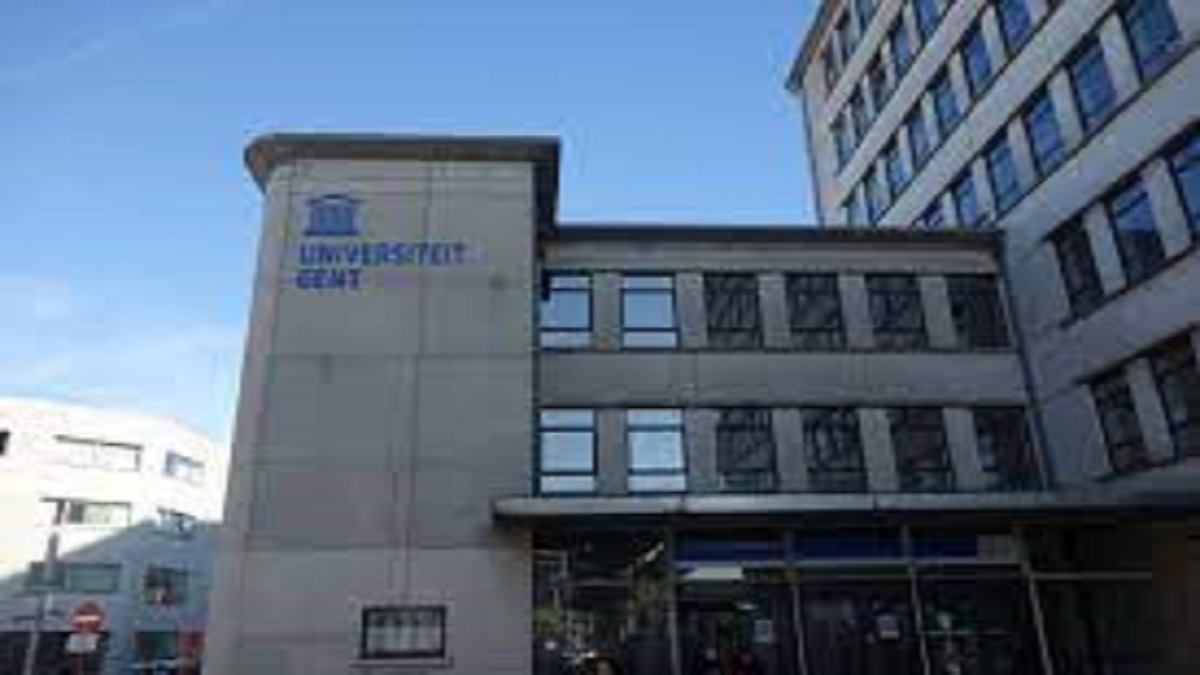
Job description
PhD position in the CANOPI project – Drought mitigation strategies work package
Employer: Ghent University
Location: Ghent, Belgium
Given the rapid changes in climate, immense shifts in forest composition, functioning and carbon balance are expected in tropical forests in central Africa. However, no studies have confirmed this worrisome trend using ground-based data, keeping central Africa a particularly understudied region despite its overwhelming size. Whether tropical forests in central Africa will be sensitive to drier conditions –because they are already limited by water availability– or resistant –because they are adapted to seasonal drought– is the ambitious challenge CANOPI aims to tackle (https://www.canopi.uliege.be/).
Your position
The CANOPI project is transdisciplinary and divided into five complementary work packages, each supported by one doctoral work. This position is relative to the fourth work package addressing the following question: “Which drought mitigation strategies do African canopy tree species use?” You will focus on the relevance of two fascinating processes to canopy functioning in central Africa: (i) foliar water uptake, and (ii) bark photosynthesis. There is increasing evidence that these two processes may become especially important for maintaining the physiological activity in leaves and woody tissues of drought-stressed trees. We will specifically investigate these drought mitigation strategies using an ecophysiological approach that may set new standards in the functional ecology of tropical trees. The candidate will first review foliar water uptake (FWU) and bark photosynthesis as drought mitigation strategies. She/he will help developing a state-of-the-art measurement protocol to quantify FWU and bark photosynthesis using cut leaves, cut branches and intact plants. She/he will screen in situ the FWU capacity and bark photosynthesis potential of timber species in a nursery and plantations in Bambidie, Gabon. She/he will quantify leaf wetness in canopy trees with newly developed, custom-built sensors in Lopé and Luki.
Job profile
- We are looking for a highly motivated, ambitious candidate to obtain a PhD and write scientific publications.
- You should hold a MSc degree in bio-engineering, engineering, physics, biology or related fields. MSc students who will graduate in September 2022 can also apply for this position. You should have a strong affinity with trees, and a deep interest in applied tree ecophysiology, climate change, and state-of-the-art plant sensor technologies.
- Experience, knowledge about and/or interest in measurement equipment for tree physiological processes (e.g., sap flow, tree growth, photosynthesis, respiration) is a plus. You have an analytical mindset to handle large datasets. You have organizational skills, and a problem-solving, result-oriented attitude. You are a team player who can work independently. You are eager to develop new, high-tech but robust sensors and measurement protocols, and to apply these during fieldwork under harsh logistic and climatic conditions.
- You have excellent communication skills in English –both orally and written– and you are keen to speak French during field campaigns.
We offer you
A PhD position for four years (as of 01/10/2022) in a highly dynamic research group including professors and colleagues from Ghent and Liège Universities in Belgium, and from CENAREST in Gabon and from INERA in the Democratic Republic of Congo. You will join a supportive, collaborative and cooperative working environment. You will have the opportunity to be integrated in established (inter)national research networks. Salary and social benefits are provided according to the rules of Ghent University.
How to apply
Prepare a 1-page CV and a 1-page motivation letter and send this to kathy.steppe@UGent.be




